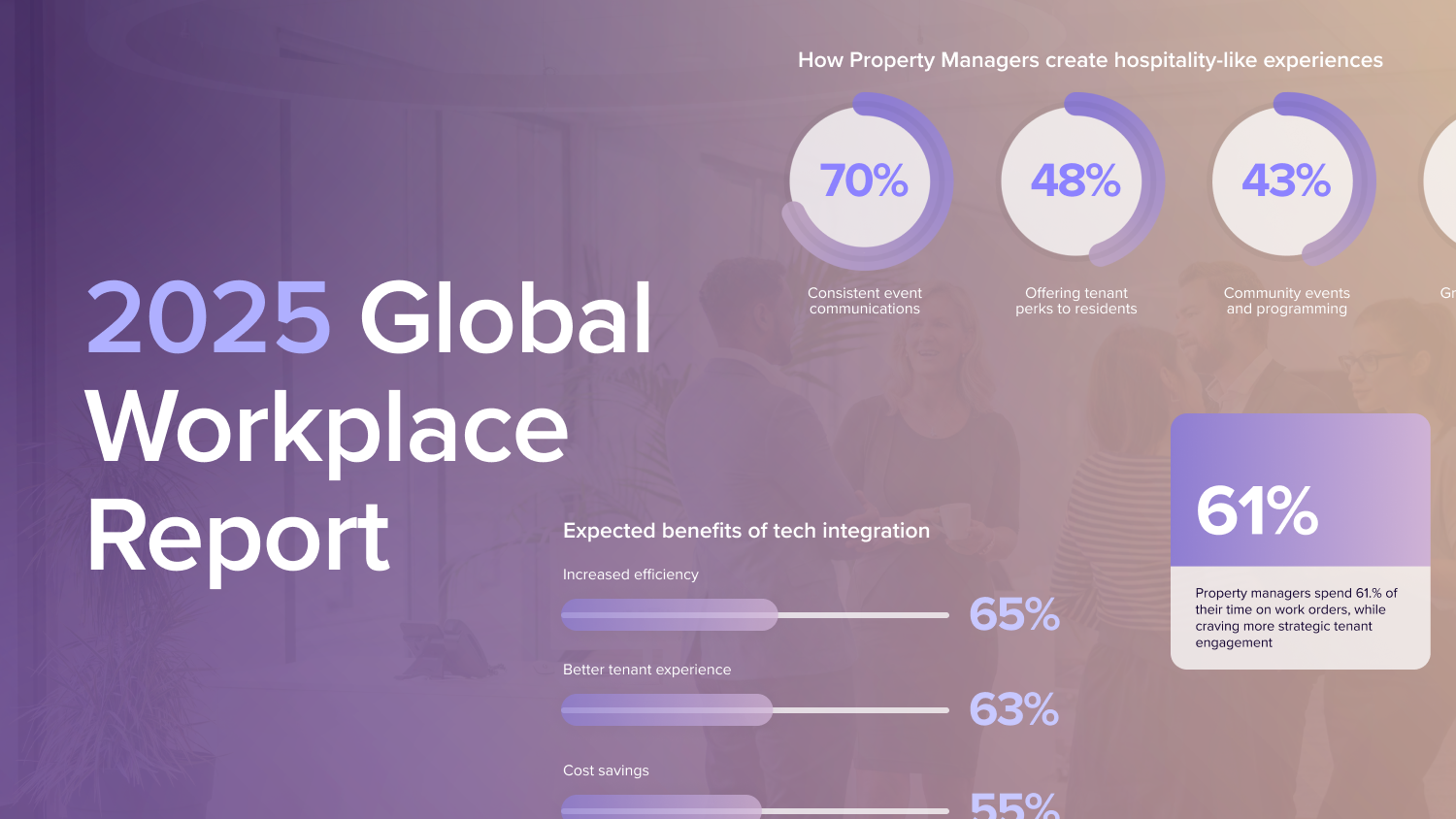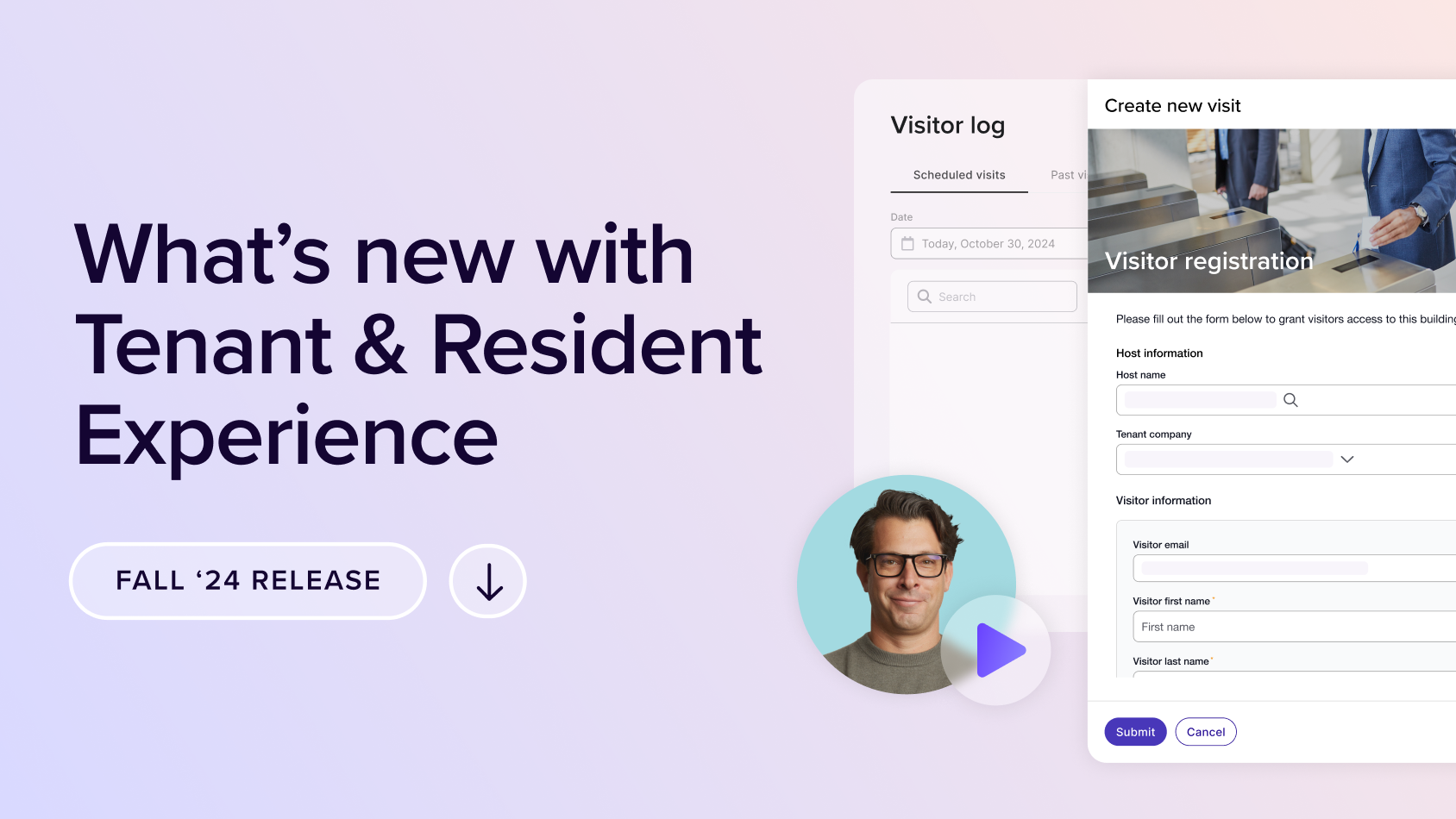Interested in learning more about the VTS Platform?
Talk to sales
VTS Resources
Happy Clients
Customer Success Stories
Hear the most proactive, forward-thinking executives who use commercial real estate software to increase their ROI speak about their partnership with VTS.

Product
Platform Innovations
See what's new and improved for customers across the VTS Platform.












